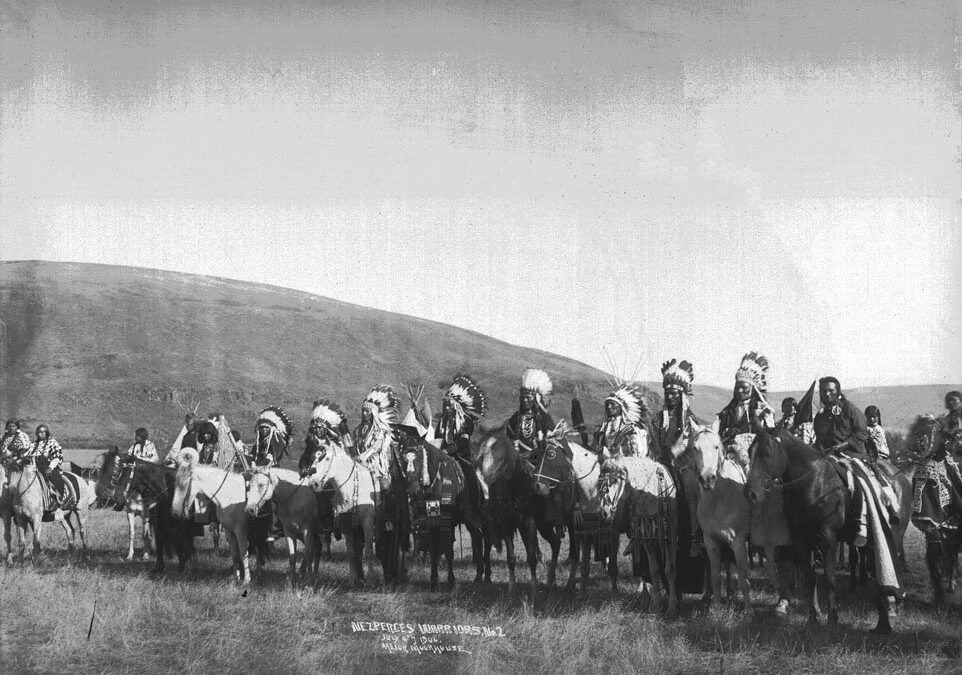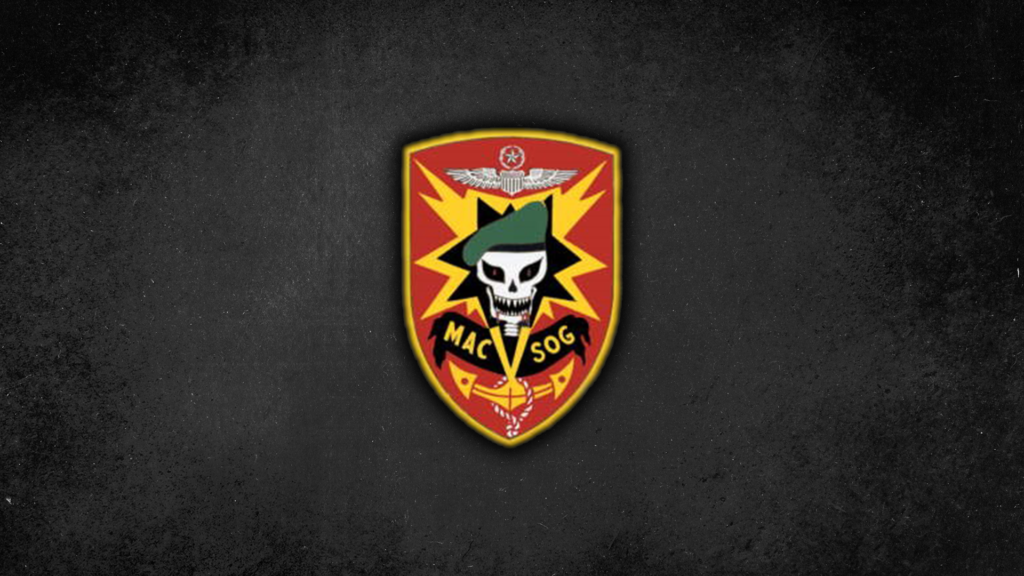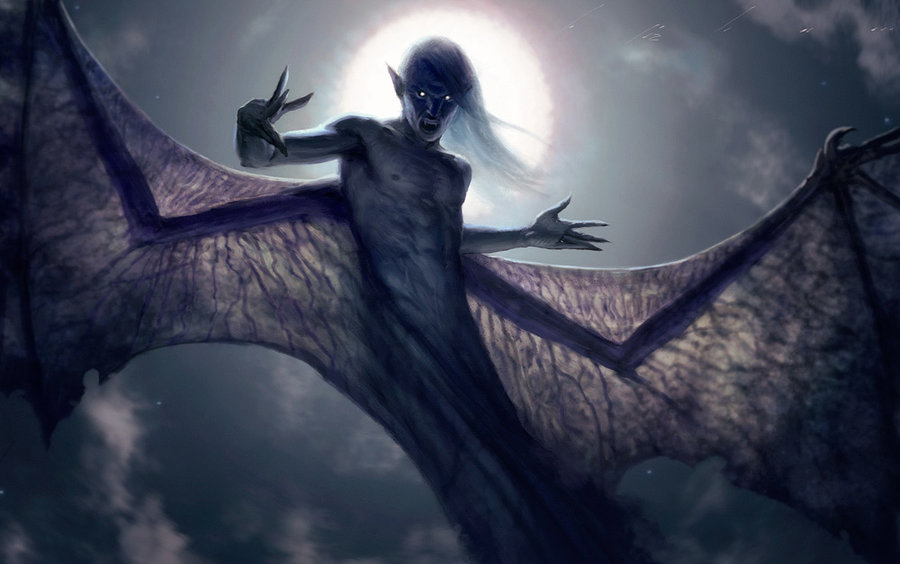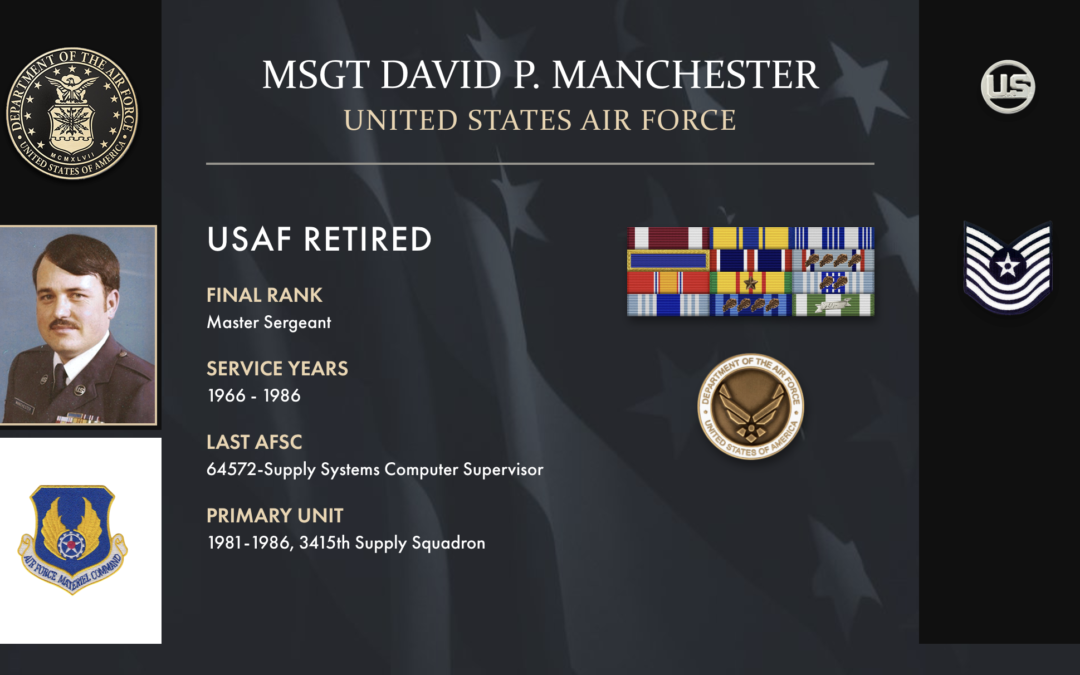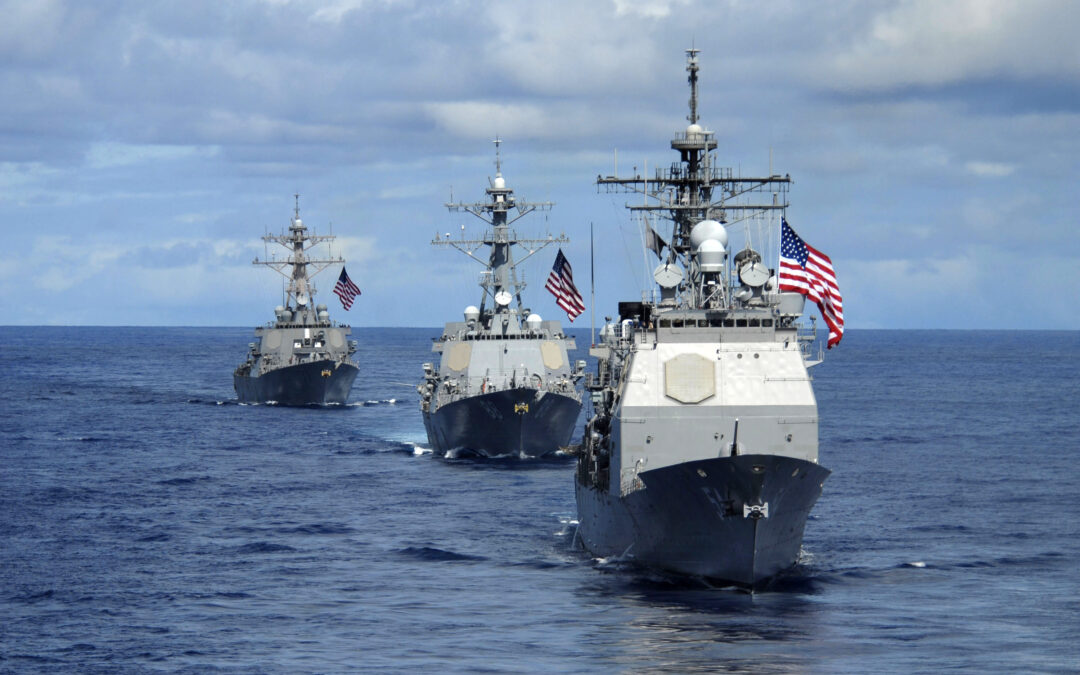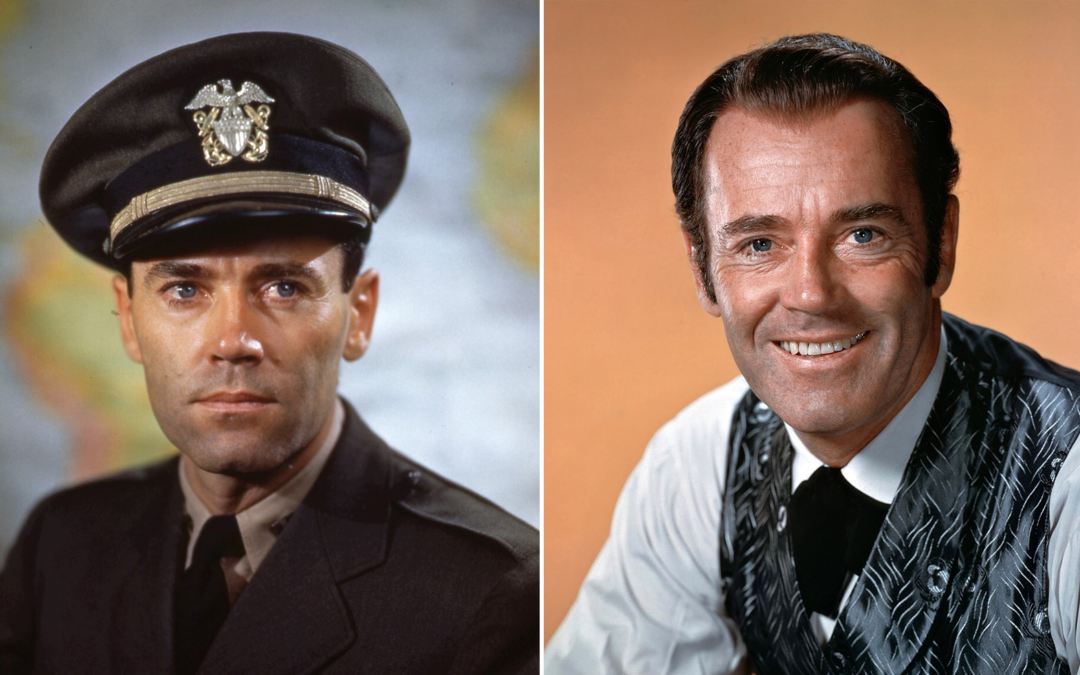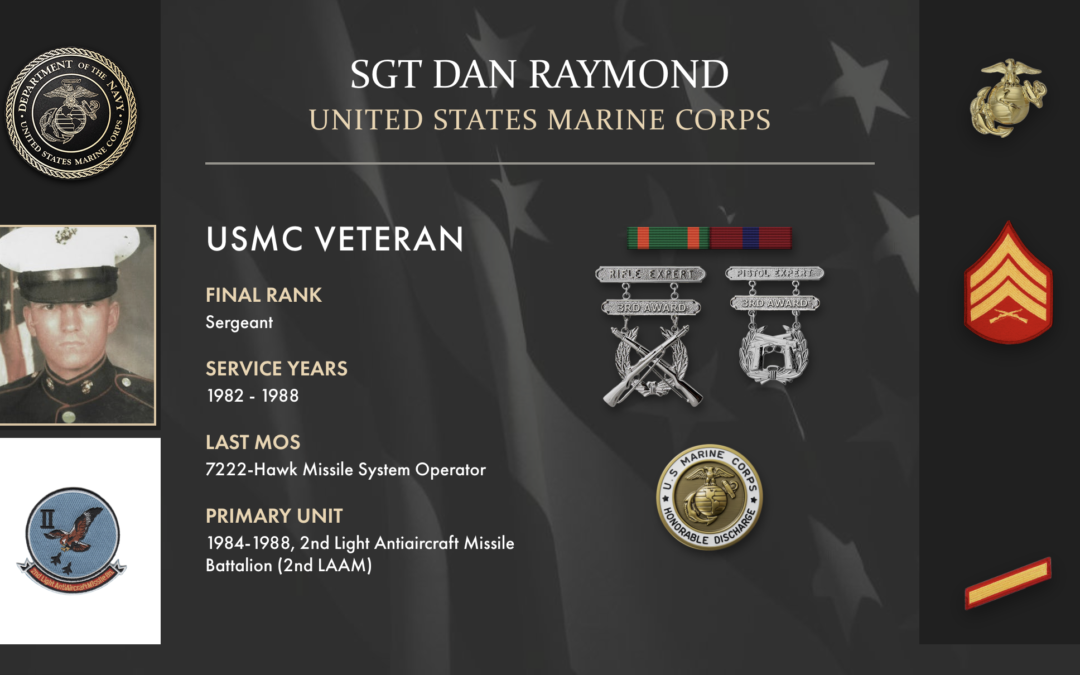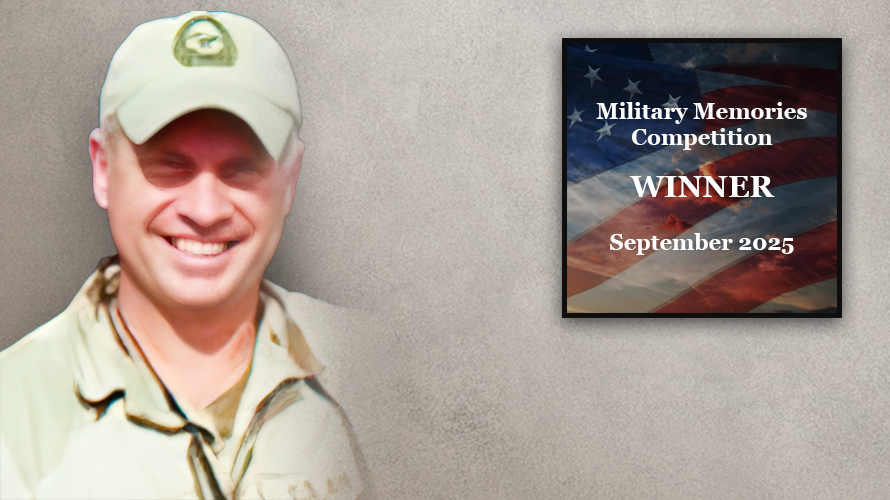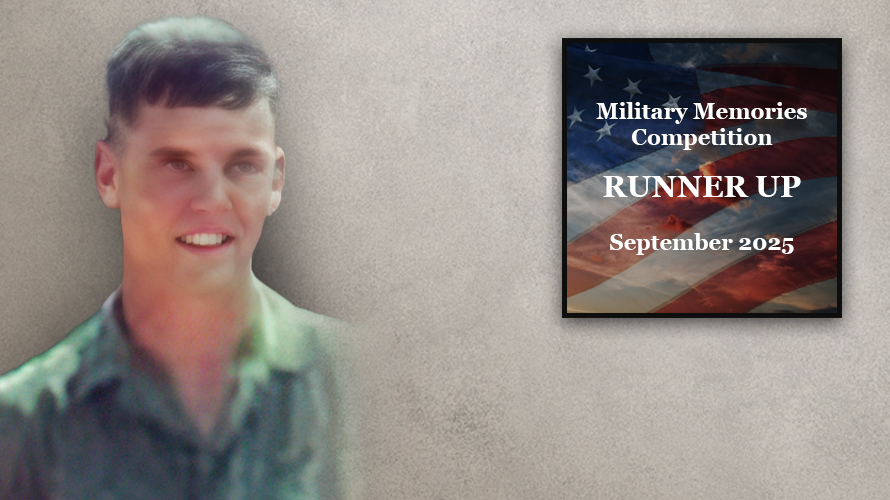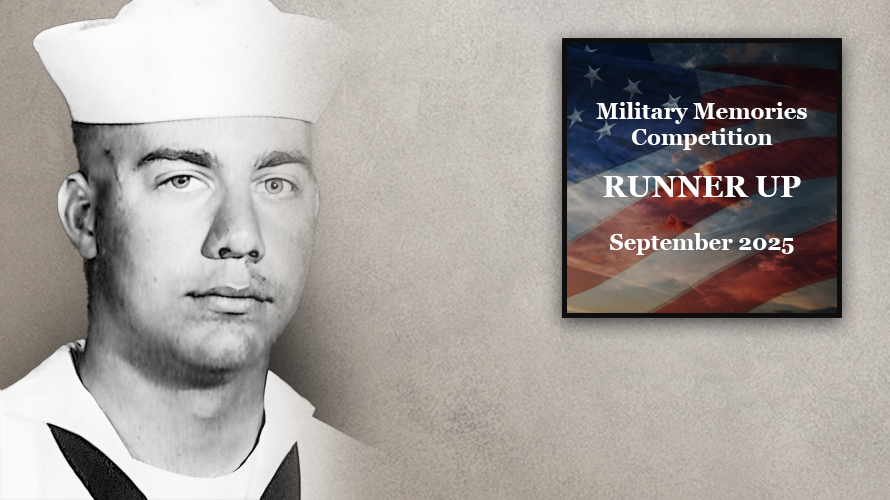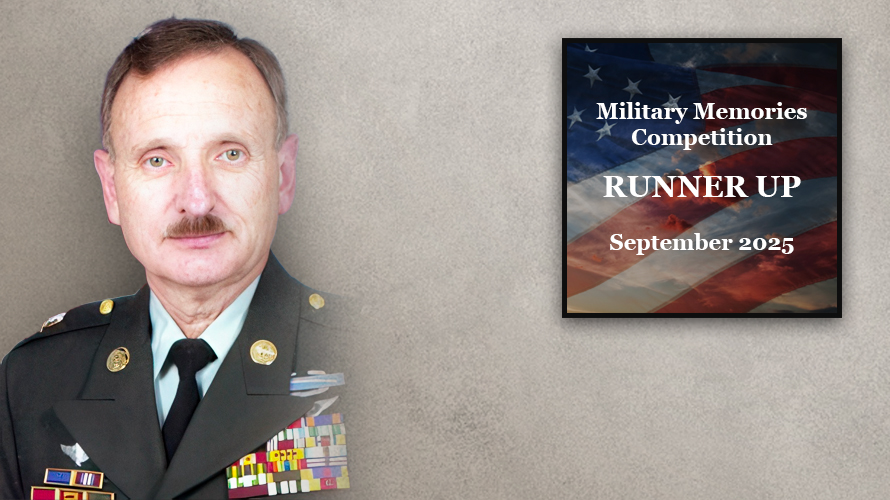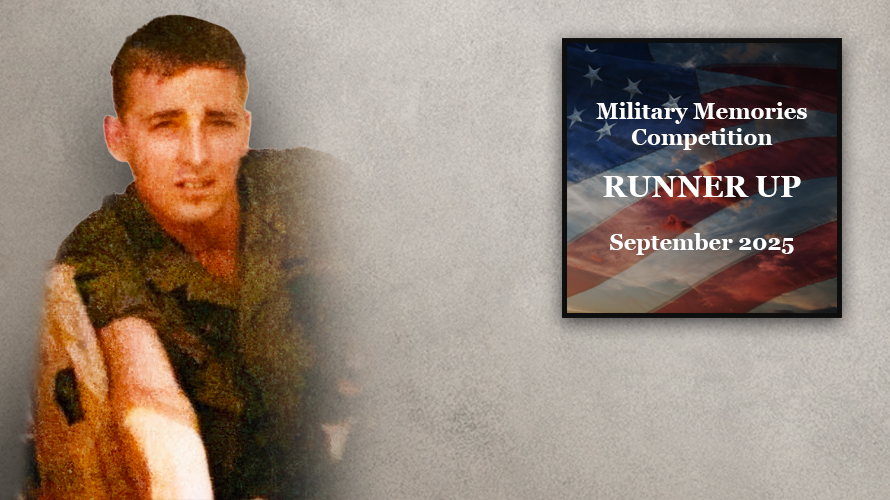Shortly after purchasing the Louisiana territory from France in 1803, President Thomas Jefferson ordered an expedition to explore and map the newly acquired territory and establish an American presence before Britain and other European powers tried to claim it. The campaign's secondary objectives were scientific and economic: to study the area's plants, animal life, and geography, and establish trade with local Native American tribes. To lead the expedition of U.S. Army volunteers, Jefferson...
